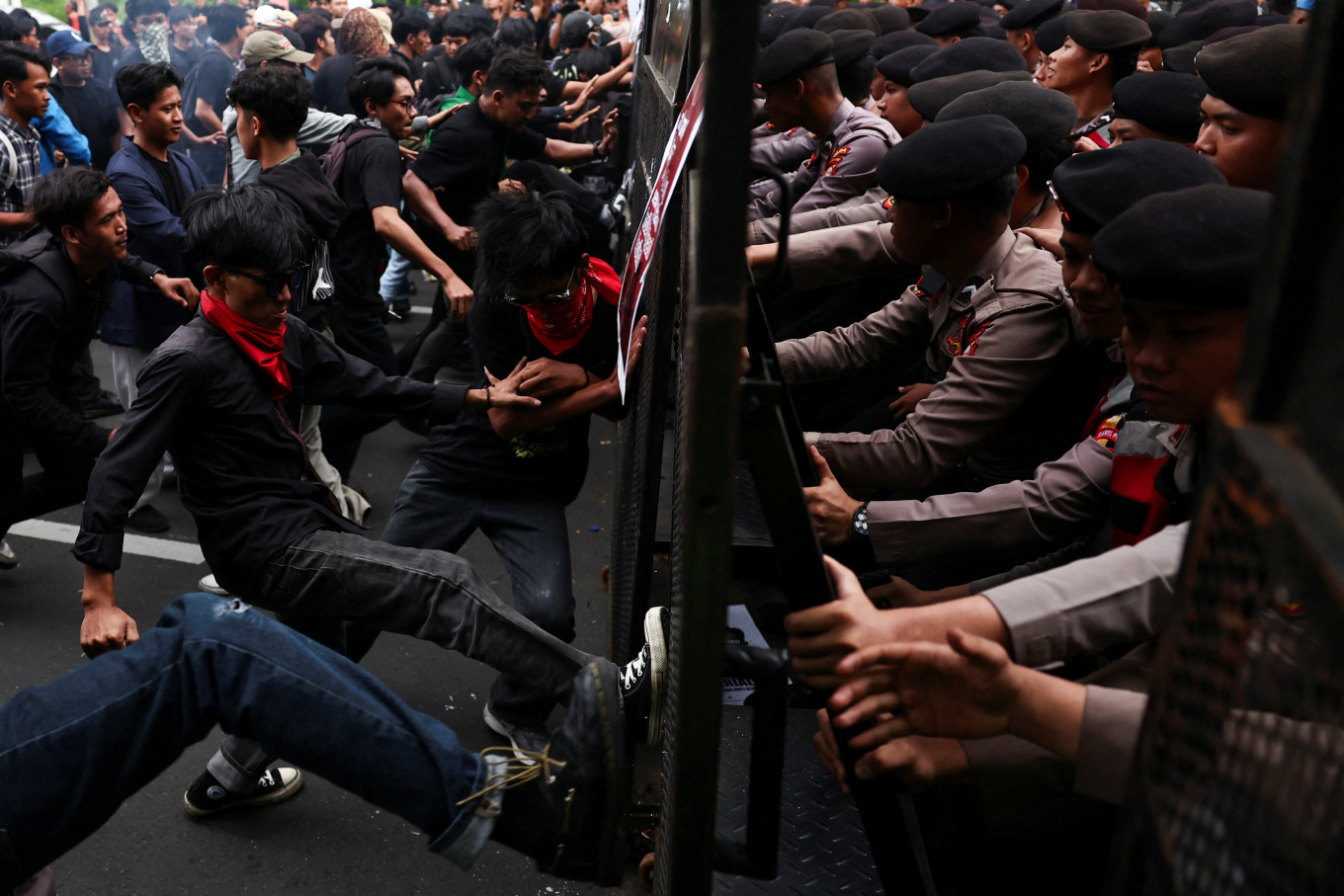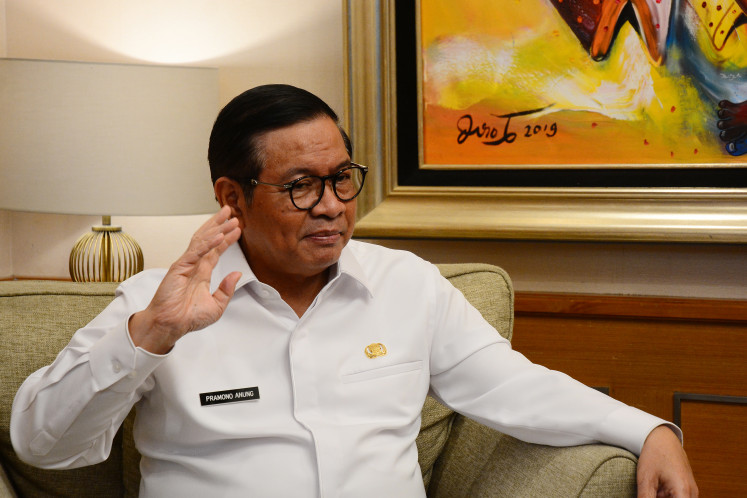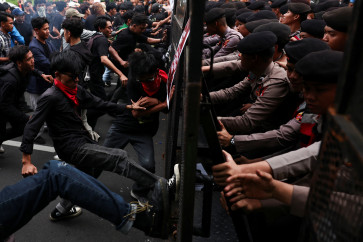Popular Reads
Top Results
Can't find what you're looking for?
View all search resultsPopular Reads
Top Results
Can't find what you're looking for?
View all search results‘Turn back cops’: Reform guided by generals of the past
Prabowo's direction will determine whether the reform team proves or disproves policing scholarship, which indicates that true reform depends on an external approach.
Change text size
Gift Premium Articles
to Anyone
W
hen President Prabowo Subianto announced the National Police Reform Acceleration Commission and its members, the public did not exactly rise in applause. The names unveiled rekindled memories of a period when the policing institution drifted in the wrong direction, wounding citizens, avoiding accountability and reinforcing power instead of protecting the public.
It felt as if the nation was once again being asked to trust doctors who had helped spread an infection: A reform meant to look forward is being steered by those whose shadows fall too heavily on past failures.
In the midst of the debate, one old metaphor resurfaced with eerie relevance: “bhayangkara”, a Sanskrit word that literally means tough and strong but was adopted to refer to the National Police. During the Majapahit kingdom, the bhayangkara were guardians of the king, the royal family and the center of power, not the people. Their duty was to protect the throne, not villages.
That purpose seems to be stubbornly preserved in the DNA of our modern police force. Across eras, the police have proven far more vigilant in defending political power than in safeguarding citizens. In many of our darkest tragedies, they have stood as bhayangkara of the palace, not officers of the republic.
When police chief Badrodin Haiti stood in the midst of a standoff between the force and the Corruption Eradication Commission (KPK) in 2015, the law seemed to bend to political bargaining. Under his successor Tito Karnavian, the police were held responsible for the deadly 2019 student protests and the criminalization of activists and dissenters.
And then there is Idham Azis, whose tenure as police chief was overshadowed by the killing of six members of hard-line Muslim group the Islam Defenders Front (FPI), an incident the National Commission on Human Rights classified as a serious human rights violation.
Ahmad Dofiri once headed the police’s internal affairs division, overseeing a supervision system that felt more like a thin curtain: visible, but easily pierced by external interests.


















